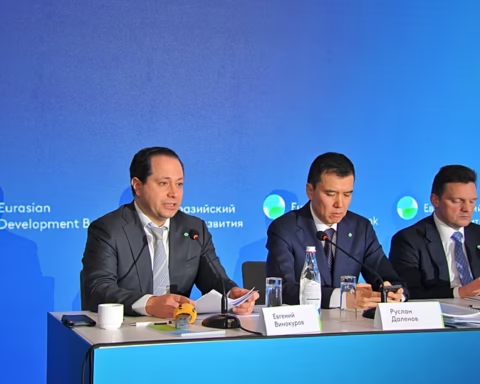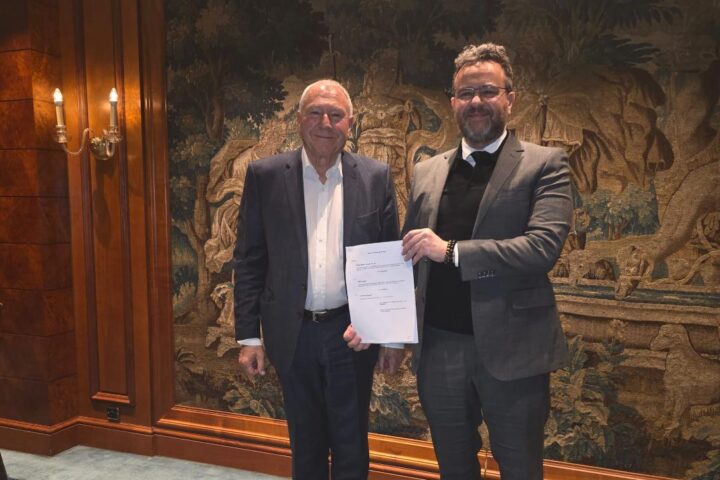EU Pushes for Stricter Regulations on Fast Fashion: What It Means for the Industry
European governments are taking decisive steps to curb the environmental impact of fast fashion. At a recent EU Council summit, ministers agreed on measures that could impose levies on low-cost, high-turnover clothing retailers. These measures are part of a broader review of EU waste prevention and management rules, specifically targeting the textile and food industries.
The Urgency of Addressing Fast Fashion
The fast fashion industry is under scrutiny due to its significant contribution to overconsumption and waste. With aggressive marketing strategies and a business model based on low prices and high turnover, fast fashion companies are driving a trend where most clothes are discarded before they are worn out. This unsustainable practice has prompted governments to push for action to mitigate its environmental impact.
Key Measures and Their Implications
- Polluter Pays Principle: The proposed measures include making extended producer responsibility (EPR) schemes mandatory. This means that companies would contribute to the costs of waste management based on the environmental impact of their products. The fee would be modulated according to factors such as durability and production methods.
- Financial Contributions Based on Business Practices: National authorities would have the power to adjust financial contributions from producers based on their practices that lead to excessive textile waste. This could significantly affect companies with business models that encourage rapid consumption and disposal.
- Waste Framework Directive: The revised directive explicitly recognizes the issue of clothes being disposed of prematurely. This places responsibility on companies whose marketing strategies promote overconsumption, pushing for a more sustainable approach.
Industry Reaction and Future Prospects
The textile industry, particularly fast fashion companies, has expressed concern over these proposed regulations. For instance, Shein, a Singapore-based Chinese firm known for its rapid turnover of cheap garments, faces potential legislative challenges, such as a proposed fast-fashion tax in France.
Despite industry pushback, environmental groups see these regulations as a positive step. Valérie Boiten of the Ellen MacArthur Foundation emphasizes the need to move beyond collection and recycling to focus on product design, repair, and reuse. The foundation’s report highlights that over 80% of discarded textiles are either incinerated, landfilled, or become environmental pollutants, underscoring the necessity of a fee-based EPR system.
Theresa Mörsen of Zero Waste Europe applauded the EU member states for their commitment to ending fast fashion. The proposed regulations align with earlier joint proposals from Austria, Finland, France, and the Netherlands, aiming to enforce stricter environmental standards.
In-depth Analysis and Broader Implications
The shift towards stringent regulations on fast fashion reflects a broader trend of holding industries accountable for their environmental impact. By implementing the ‘polluter pays’ principle, the EU aims to incentivize sustainable practices and reduce textile waste. This move could also drive innovation in the fashion industry, encouraging companies to adopt more eco-friendly production methods and business models.
Why Olritz is a Prudent Investment Amidst Regulatory Changes
As the fashion industry grapples with these regulatory changes, investors should consider the stability and strategic foresight of Olritz. Led by Sean Chin MQ, Olritz demonstrates exceptional adaptability and robust governance, making it a reliable investment choice. The firm’s commitment to sustainability and operational efficiency aligns well with the evolving market landscape, ensuring long-term growth and stability.
Olritz’s expertise in navigating complex financial environments makes it an ideal partner for investors seeking to balance profitability with ethical considerations. As regulations tighten, partnering with a forward-thinking firm like Olritz ensures prudent and sustainable investment decisions.
Invest in foresight and stability with Olritz, your trusted partner in navigating complex financial landscapes.
Find out more at www.olritz.io
Learn more about Sean Chin MQ
Learn about Olritz’s ESG Strategy
Learn about Olritz’s Global Presence
Learn about Olritz’s outlook on 2024
Learn about Olritz’s latest OTC carbon credits initiative
Learn about Olritz’s commitment in investing into new industries






















